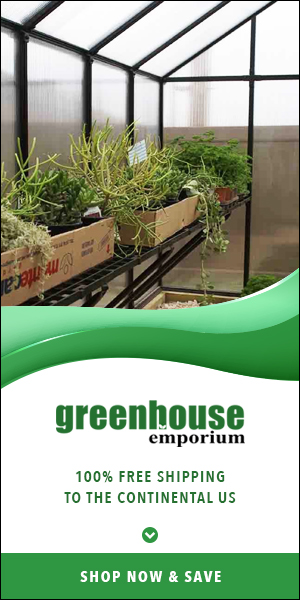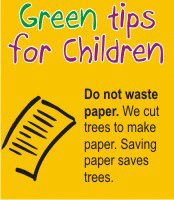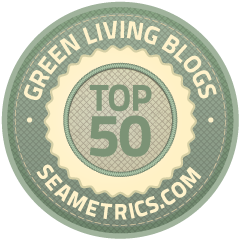Home » 2018 (Page 2)
Yearly Archives: 2018
Green Tip of the Week: Bye-Bye, Dry Cleaning: Green Your Dry Cleaning
 We often think fine clothing must be dry cleaned, and for delicate and shrinkage-prone fabrics, alternatives are scarce.
We often think fine clothing must be dry cleaned, and for delicate and shrinkage-prone fabrics, alternatives are scarce.
Dry cleaning is notorious for its heavy use of chemicals and, over time, can rob wools and silks of the oils and proteins that naturally protect garments. Unless you have very soiled or stained items, put off visits to the dry cleaners by freshening clothing at home with these three easy steps.
Brush it up!
The valets and lady’s maids in period movies are always brushing clothing. In fact, it’s still a great way to remove surface soil. Go over the garment with a soft brush or a microfiber cloth before storing it.
Wrinkle Removal
Steam clothing with a home garment steamer (available in clothing, department or big box stores, starting around $25). They smooth rumples and wrinkles with ease and heat up the fabric, killing off microbial beasties. (Let garments cool and dry completely before wearing.)
Clothing Cocktail
Every costumer knows this trick: Fill a spray bottle with cheap vodka (not rubbing alcohol; it has additives). Spritz your garment, concentrating on areas where perspiration has collected. The alcohol kills the bacteria that cause odor, then dries quickly.
A Better Clean
For the sake of the environment and your clothing, choose a cleaner that uses the pressurized CO2 process; they usually advertise themselves as “green” or “organic” cleaners, but be sure to ask about their process because these labels are unregulated. Almost all others use perchloroethylene, a neurotoxin and respiratory, skin and eye irritant that the EPA deems a “probable human carcinogen.” Plus, according to the EPA, it breaks down into other chemicals that contaminate air and groundwater, and deplete the ozone layer.
Hand Washing
Hand wash wool and silk sweaters and simple, unlined garments, but don’t clean structured garments (anything with a lining and shoulder pads) with water, as it may distort their shape.
7 Sins of Sustainable Holiday Shopping
 Giving Green Without Greenwashing
Giving Green Without Greenwashing
I’m making my holiday gift list, and I’m checking it twice. Especially since, this year, it is so much easier to find eco-friendly goodies out there to give.
At the same time, I’m trying to wade through the hype to assess whether a potential gift is as eco-friendly as it’s marketed to be.
For example, there are now plenty of organic bath and beauty products that would be perfect for a friend. But often their ingredients sound less than all-natural to me.
I found some gorgeous gift wrap that comes from “sustainable forestry practices.” Should I keep shopping for gift wrap made from recycled paper? Should I use brown paper bags?
I’m not the only one who’s confused by the eco-chatter. A friend mentioned that when he was wandering near some plasma TVs at an electronics store, a salesman told him that it’d be green to get a pre-owned, refurbished plasma screen.
The truth is, my guard has been up since I read an article in The New York Times alerting consumers that green marketing is one of the season’s biggest retail trends, and that the claims often fall short.
A report by TerraChoice Environmental Marketing offers guidelines for shoppers, asking us to be mindful of the Six Sins of Greenwashing. Here are the six marketing ploys to keep in mind:
1. The Sin of the Hidden Trade-off (A refurbished plasma TV might reduce the need for materials at first, but plasma screens are energy hogs).
2. The Sin of the No Proof (Can a third party verify claims such as “organic” or “all-natural?)
3. The Sin of Vagueness (Beware of products claiming to be “chemical-free” or “all-natural”).
4. The Sin of Irrelavance (Claims that have no relationship to the product or can be made with any other product in the same category—such as CFC-free shaving gel).
5. The Sin of Fibbing (a falsehood that can’t be backed up at all, such as “certified organic” for products where no such certification exists).
6. The Sin of the Lesser of Two Evils (an attempt put a green twist on a product that’s inherently harmful to the environment—e.g., organic cigarettes).






